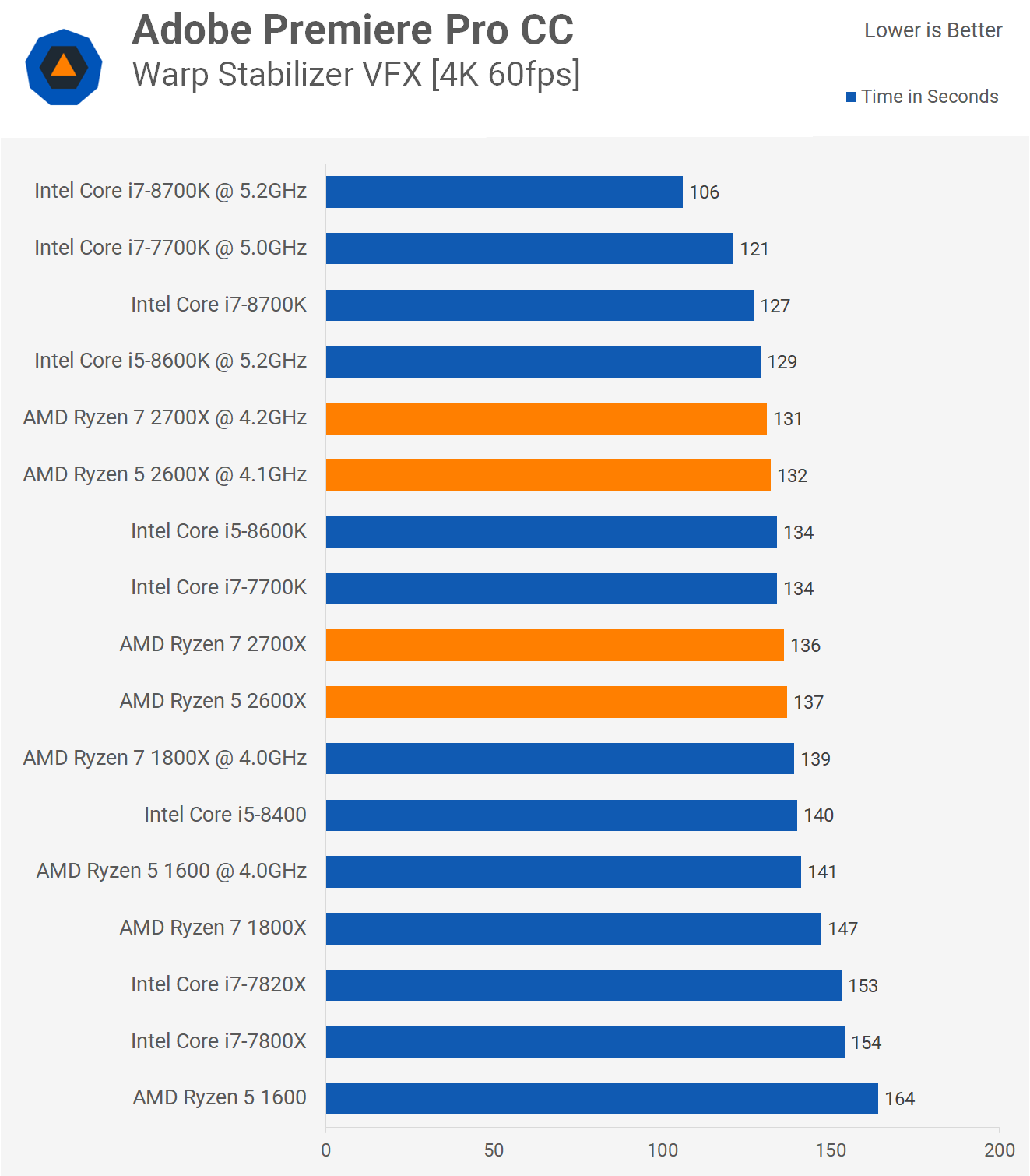So... When using more affordable GPU it doesn't really matter which one of those CPUs you choose.
That was a lot of work to get to this point but it's still a valuable conclusion...
Pretty much. If you are only looking for 30-60 FPS at 1080p, almost any CPU 2500K or newer will do. That's not really the point of this article though. It's more trying to show potential future performance by removing the GPU bottleneck. That is unless you are using a high refresh rate monitor.
Thing is....that potential might not play out with games getting more threaded...my bet is the stock 2600 pulls ahead of the 8400 in a couple years.

